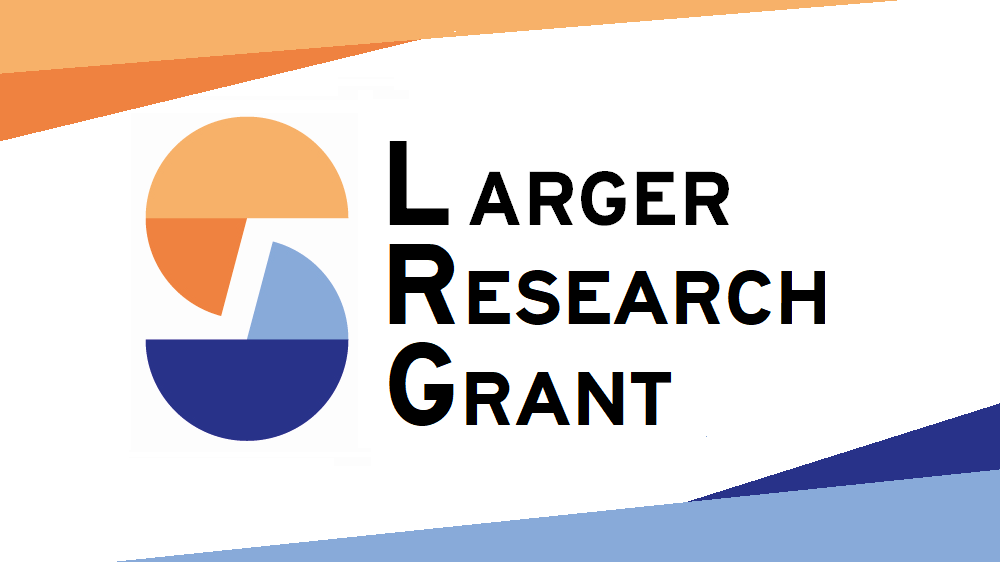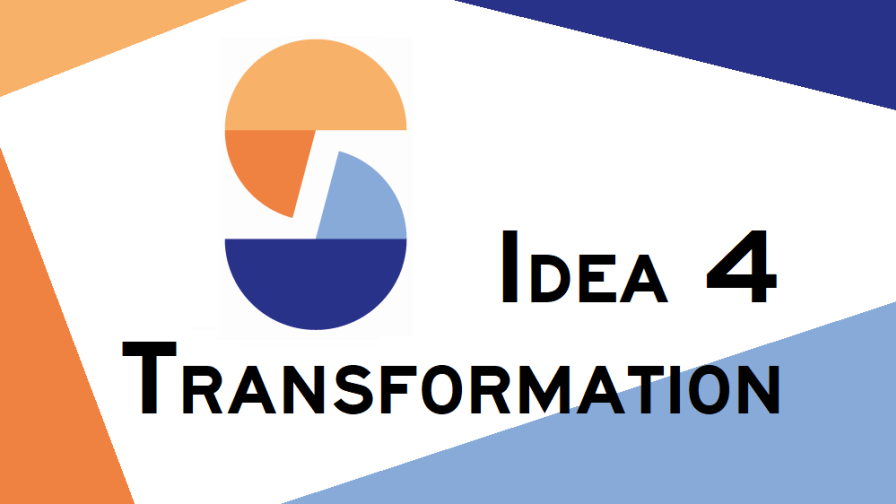Cities in low income countries play a crucial role in structural transformation, and already account for a majority of non-agricultural GDP. But their contribution to growth is being limited by traffic congestion. Congestion is a spatial friction, which distorts interactions between firms and workers. Cities are considering a menu of investments to ease these frictions. What are the impacts from and returns to government investments in new transit systems in Africa? Could similar impacts be obtained by cheaper options, such as regulation of the informal minibus sector?
The first part of this project provides direct evidence on the first question. In partnership with Lagos State Government, the research team conducts an impact evaluation of a reform introducing a new bus system across 28 lines in Lagos, Nigeria. The researchers collect panel data on the informal sector as the reform is rolled out to measure its response, and conduct two randomised controlled trials to measure how commuters value travel time and fares. Together, this allows for the evaluation of the reform on consumer and producer surplus. The second part of the project addresses the second question using an economic model of the informal minibus sector, which the researchers use to solve for optimal regulation of the sector (e.g. prices or entry caps) in terms of (i) demand and supply parameters and (ii) data on existing prices and flows on the network. The parameters will come from the randomised controlled trials above in combination with an additional supply-side intervention to measure how minibus drivers make entry decisions. The data will come from a new census of the informal network, as well as mobile phone metadata which provides information on travel patterns. This will permit computation of the returns to implementing the optimal fares and entry regulation.
In evaluating the impacts from and returns to government investments in new transit systems, policymakers are keen to understand how the system is valued by commuters, how it impacts road congestion, and how the informal sector responds. In particular, the informal sector could compete with the new formal option by lowering prices and increasing frequencies, or could complement it by providing last-mile services which bring commuters into the system. In comparison to adapting existing informal systems, since mass rapid transit systems are expensive and will take decades to adequately satisfy public transport needs in sub-Saharan Africa, the results of the second stage of the project will provide insight into the value of cheaper, incremental reforms to the informal sector in the medium term.


























































